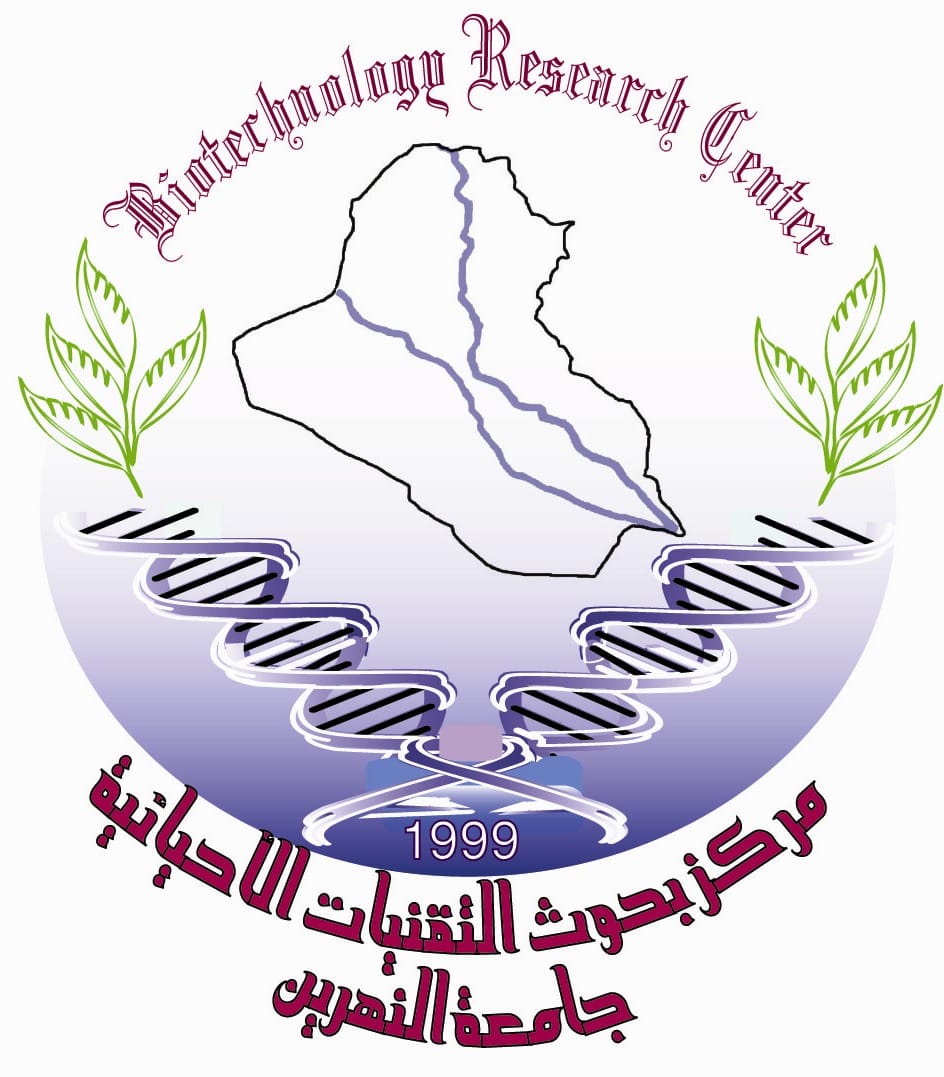Effects of feeding tyrosine or phenylalanine on the accumulation of polyphenols in Coleus Blumei in Vivo and in Vitro .
DOI:
https://doi.org/10.24126/jobrc.2019.13.1.566Keywords:
Coleus blumei , Tyrosine , Phenylalanine , Precursors , fresh and dry weights , total phenols , in vivo, in vitro.Abstract
Background: Polyphenols are considered an important compound with a wide range of medical activities. Several plant families are rich with phenolics. Attempts have been carried out to increase them at the intact and cellular levels.
Objective: The current study aimed to increase the production of polyphenols in Coleus blumei plant using two precursors at the whole and tissue culture levels.
Materials and methods: Two precursors namely Tyrosine and phenylalanine at the concentrations 0.20 , 0.25 or 0.30 g.l-1 were added either by spraying on the vegetative parts or supplemented to the tissue culture medium. Total phenols were estimated in the whole plant and compared with the total phenolic content in callus tissues. They were estimated by Folin-ciocalteu and spectrophotometric methods. Induction and maintenance of Coleus callus cultures were carried out on Gamborg medium (B5) for 21 days supplemented with the growth regulators 2,4 dichlorophenoxy acetic acid (2-4-D) at 0.8 mg.l-1 , 2 mg.l-1 Benzyl adenine (BA) and 0.5 mg.l-1 Naphthalene acetic acid (NAA). Stem explants were used as a source for callus induction.
Results: Results showed a significant increase in both fresh and dry weights of the fresh compared with control of intact plants in vivo after treatment with the two precursors. The fresh weight of shoots increased up to 15.9 g at 0.30 g.l-1 of Tyrosine treatment compared with the control which recorded 11.05 g. while the fresh weight of the shoots recorded 13.470 g at 0.30 g.l-1 after treatment with phenylalanine compared with the control which recorded 11.05 g. The dry weight of the shoots increased as well up to 3.127 g at 0.30 g.l-1 of Tyrosine treatment compared with control 1.837 g while the dry weight of shoot recorded 2.880 g at 0.30 g.l-1 phenylalanine treatment compared with the control 1.837g. Despite the slight increase in both root fresh and dry weights at 0.30 g.l-1 due to the treatment with Tyrosine or phenylalanine ,such increments were not significantly different with control. Total poly phenols in callus cultures accumulated more compared with mother plants after treatment with precursors. Phenols were also measured in both callus tissue and liquid medium then compared with the whole plant and control treatment. The highest value was recorded in callus cultures supplied with Tyrosine recording 348.36 µg.l-1 at 0.20 g.l-1 of Tyrosine while phenylalanine treatment recorded the highest weight 293.98 µg.l-1 when applied at 0.30 g.l-1 in both liquid medium and callus tissues. The intact plants however recorded the highest mean in total phenols in plants grown in vivo with mean values 68.58, 66.53 µg.l-1 for Tyrosine and phenylalanine respectively.
Conclusion: It is concluded that both precursors are good candidates for increasing total phenols in Coleus blumei. Plant tissue culture techniques can be utilized commercially for this purpose.
Downloads
Published
How to Cite
Issue
Section
License
This is an Open Access article distributed under the terms of the creative commons Attribution (CC BY) 4.0 license which permits unrestricted use, distribution, and reproduction in any medium or format, and to alter, transform, or build upon the material, including for commercial use, providing the original author is credited.











